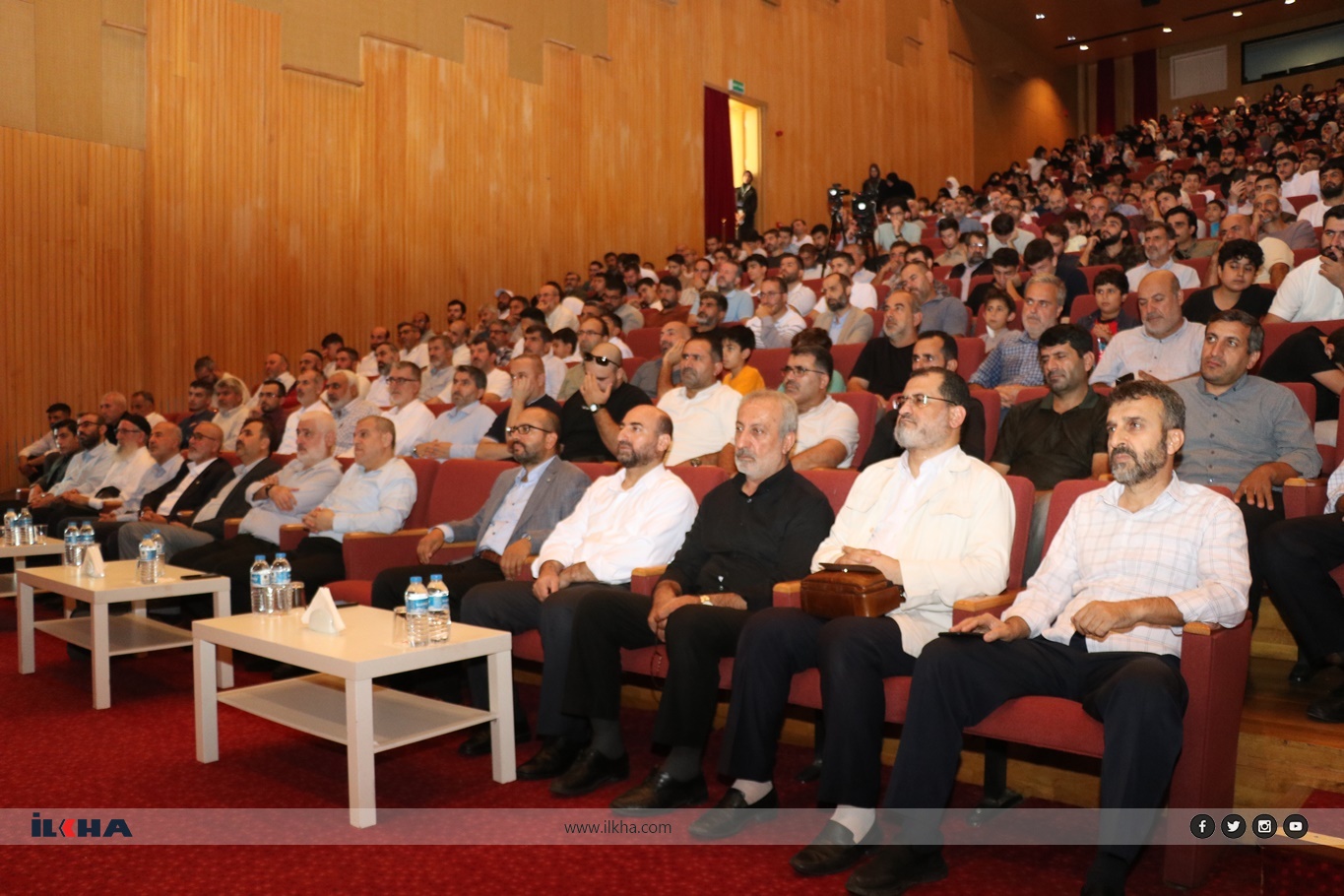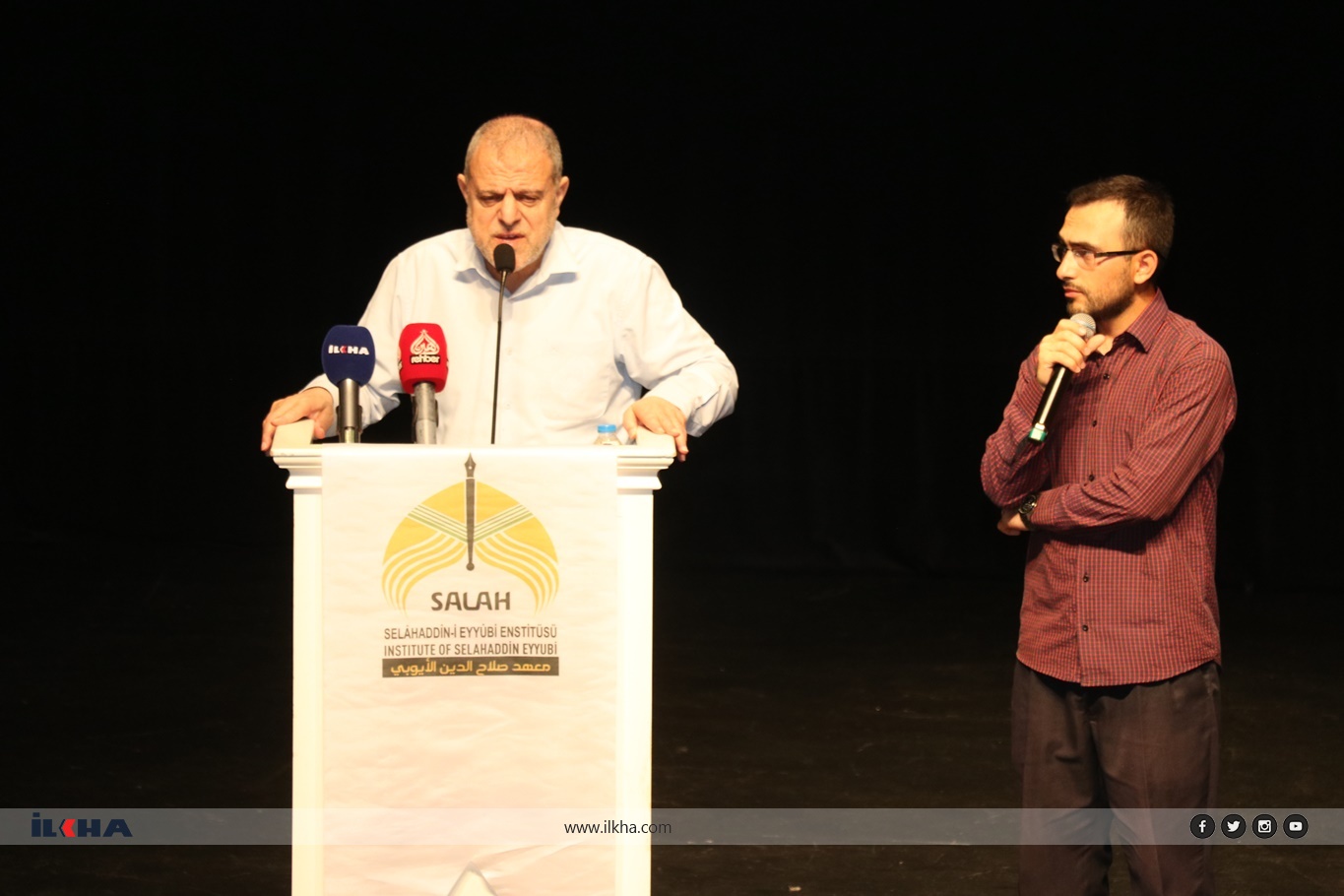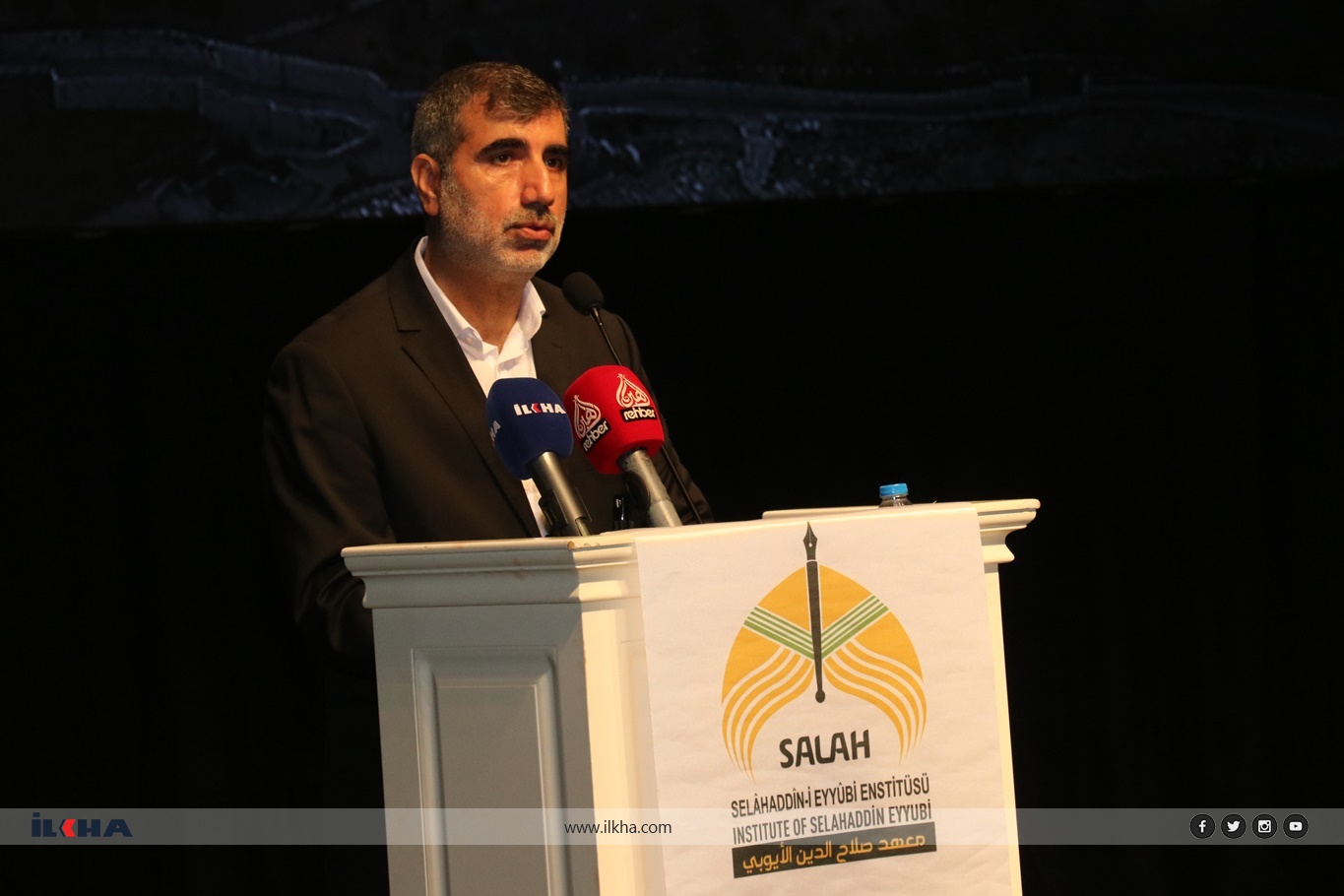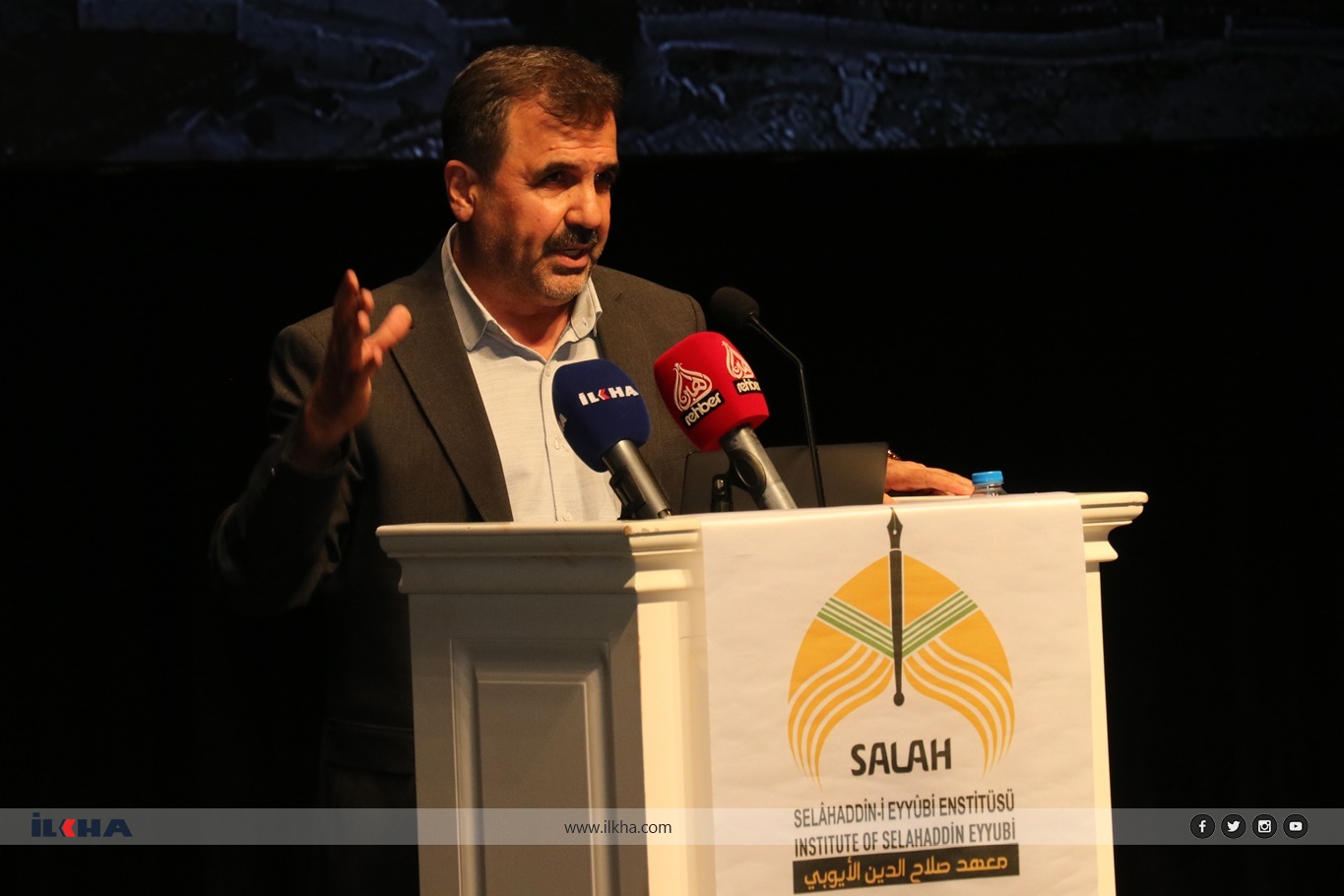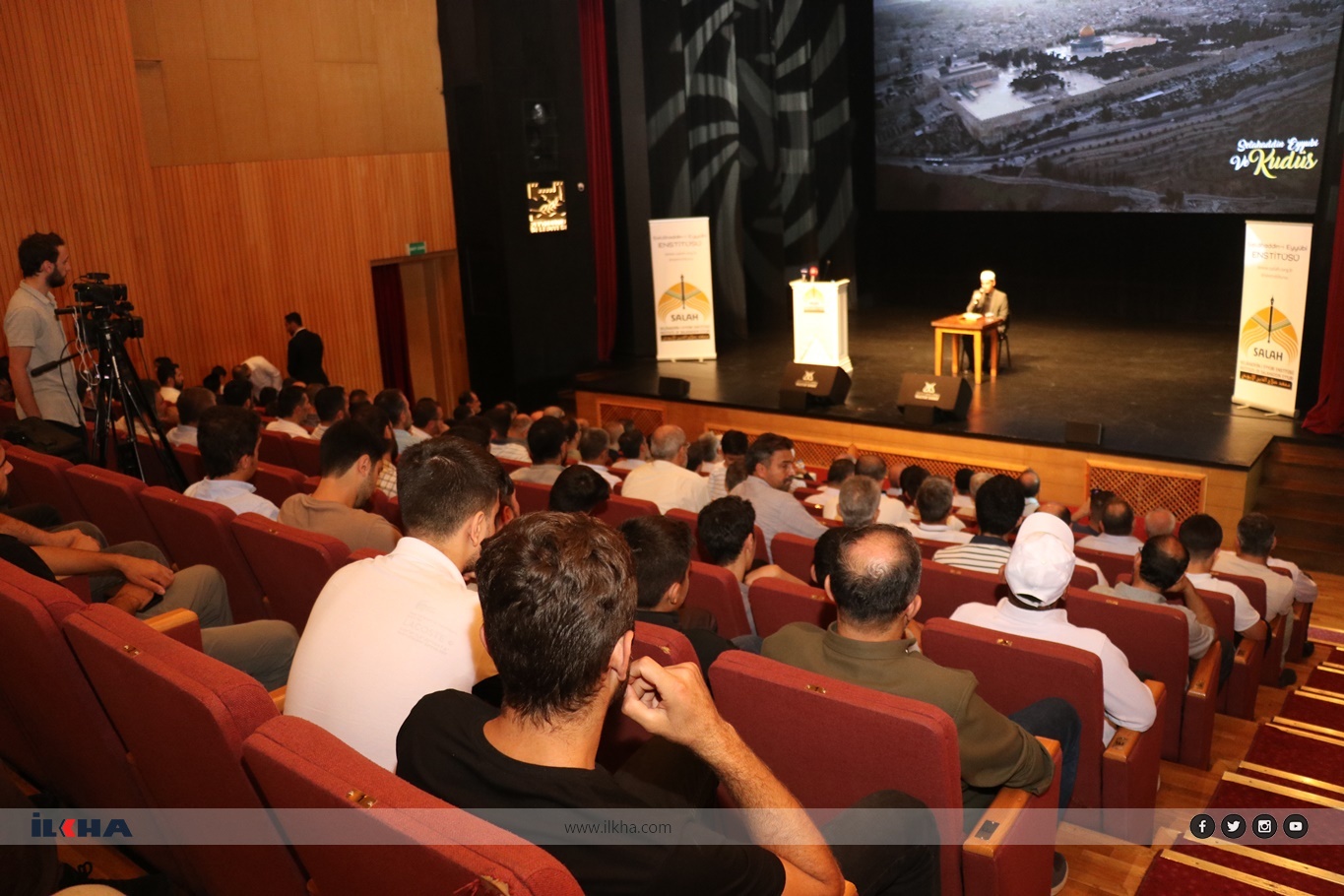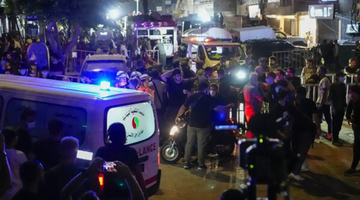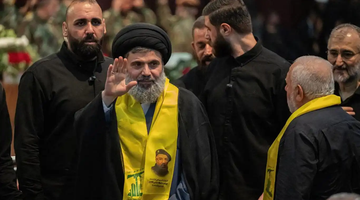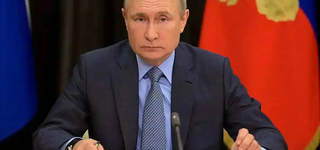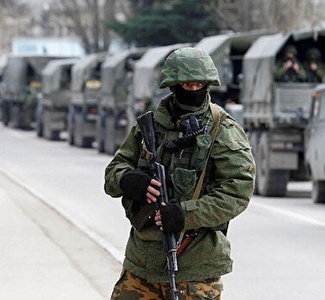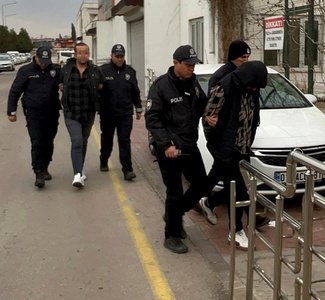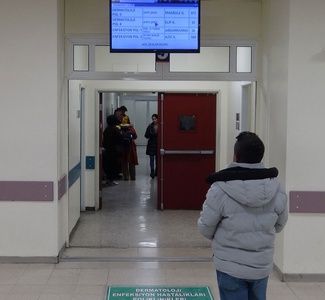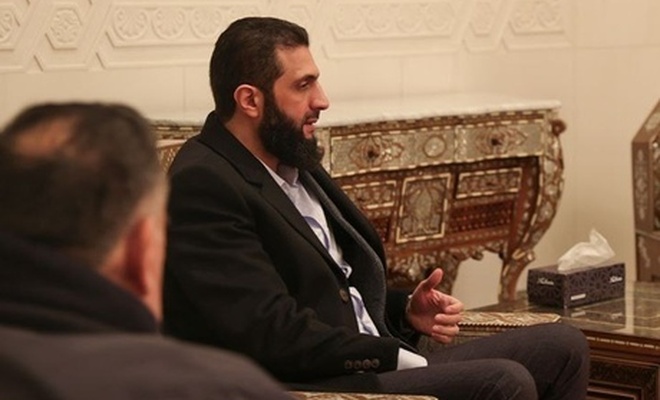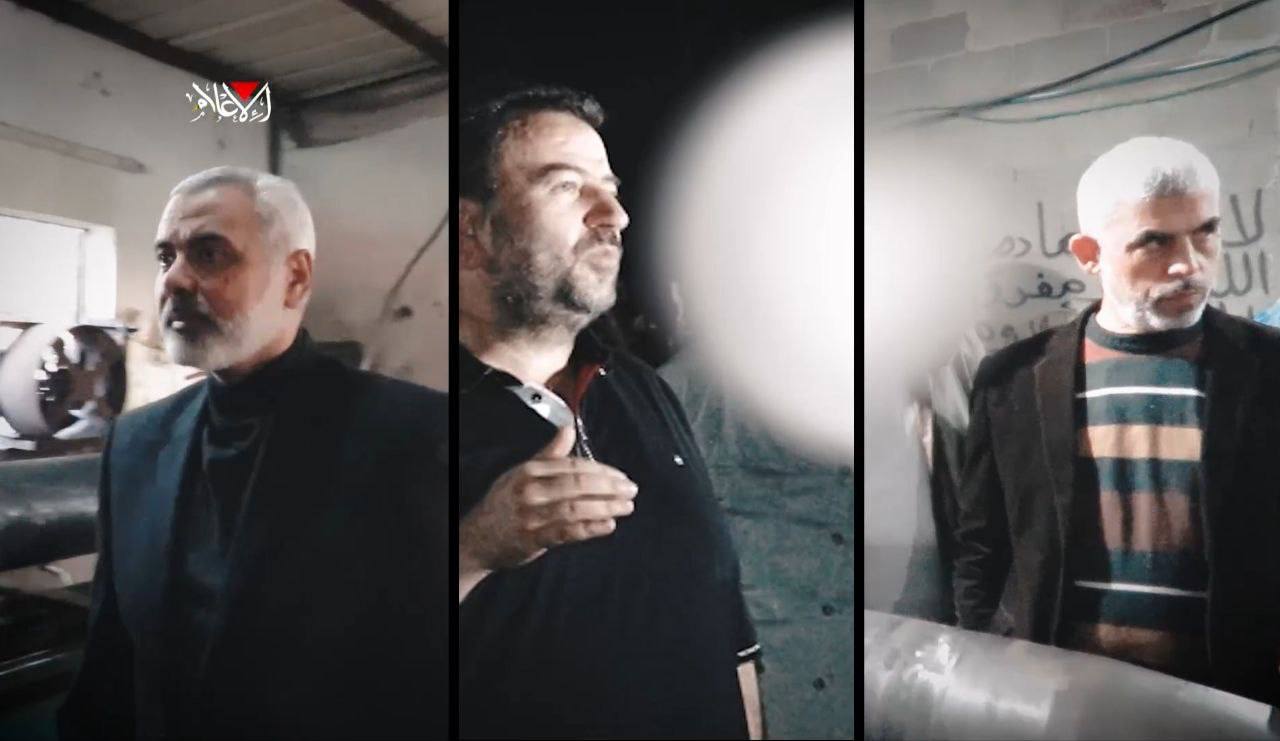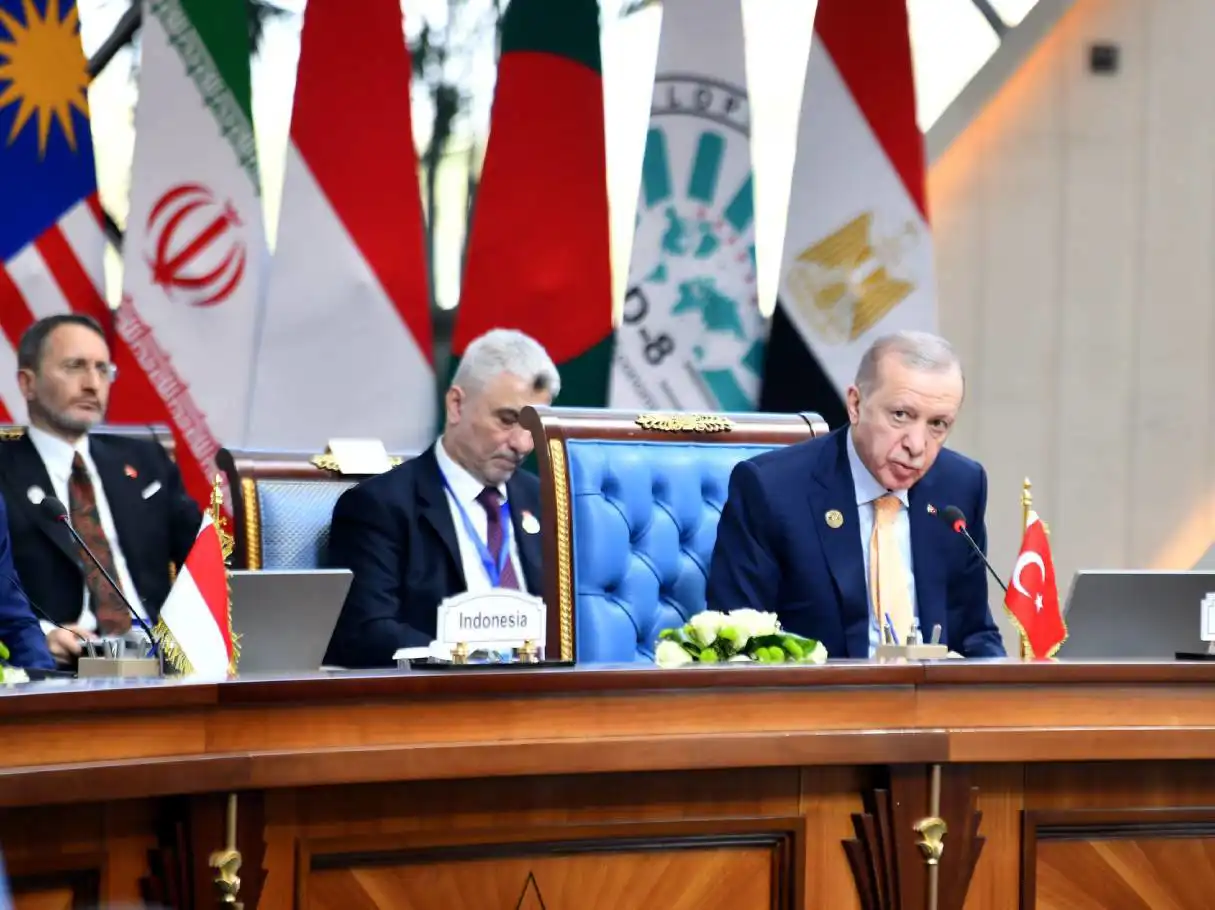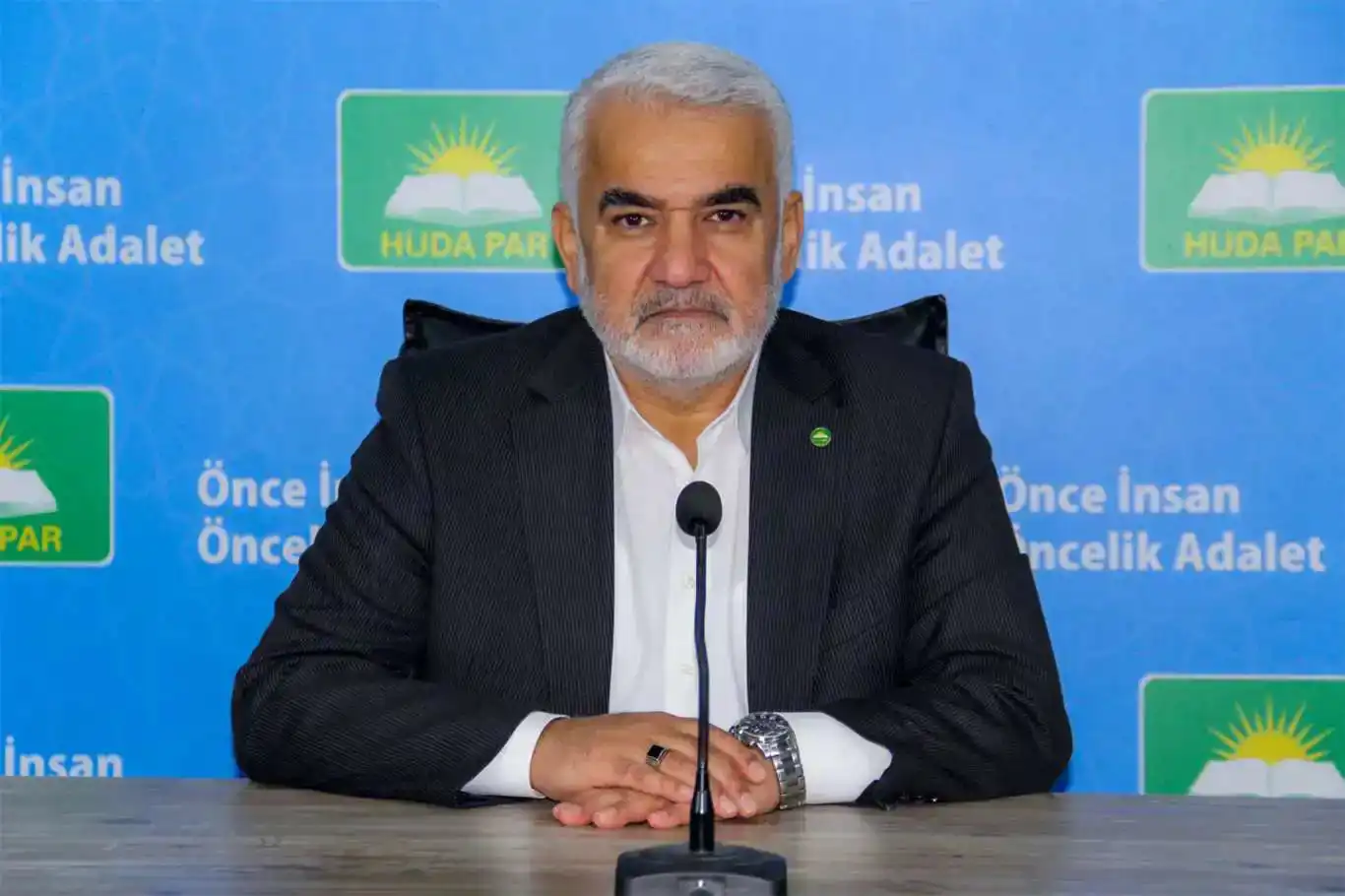Saladin's legacy echoes in modern struggles for Jerusalem, say academics
On the anniversary of Saladin al-Ayyubi's historic conquest of Jerusalem, the Saladin al-Ayyubi Institute (SALAH) organized a thought-provoking event titled “From Saladin to the Aqsa Flood” at the Zeytinburnu Culture and Art Center in Istanbul.
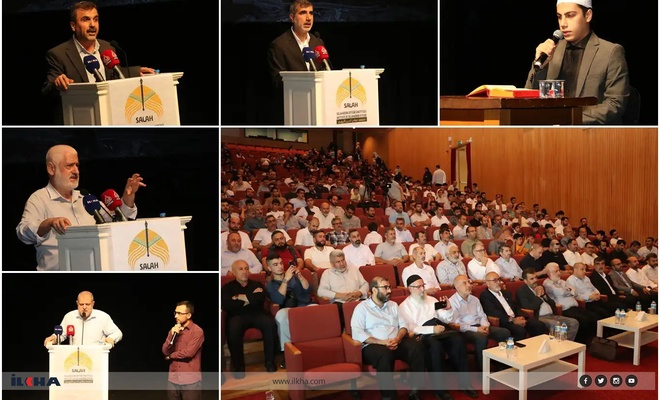
 Google News'te Doğruhaber'e abone olun.
Google News'te Doğruhaber'e abone olun. This gathering, which drew a large audience, provided a platform for prominent voices from the Muslim world to reflect on the enduring significance of Jerusalem, the challenges facing the Ummah, and the role of unity in confronting those challenges.
Saladin’s Legacy: A Beacon for Modern Resistance
The name Saladin has long evoked a sense of unity, leadership, and resilience in the Muslim world. His victory in reclaiming Jerusalem during the Crusades is viewed not only as a military triumph but also as a powerful symbol of the capability of a unified Islamic force in the face of oppression. In his opening remarks, SALAH President Mehmet Eşin described Saladin as a rare leader who embodied the balance between military and political wisdom. He reminded the audience that Saladin’s success was not achieved overnight; rather, it was the culmination of 100 years of careful planning and deep collaboration among scholars, soldiers, and the general populace.
Eşin’s words reflected the current moment as he pointed out the stark realities of the Muslim world, from Gaza to Iraq, where conflict, occupation, and suffering continue. He emphasized that these struggles, while disheartening, also serve as a source of motivation, urging Muslims to renew their commitment to the cause of Jerusalem.
Gaza’s Resilience: A Symbol of Defiance
Dr. Suheil El Hindi, a prominent figure from HAMAS, captured the spirit of resistance embodied by Gaza, a region that has become synonymous with defiance against the Zionist occupation. He remarked, "Gaza may be small on the map, but it makes the Zionists tremble." His words illustrated how the steadfastness of the Palestinian people in the face of unimaginable hardship is a message to Muslims worldwide: that Al-Aqsa Mosque is not alone, and that the resistance will not be silenced.
This sentiment resonated deeply with those gathered, as El Hindi highlighted that the fight to protect Al-Aqsa is not merely a territorial conflict but a battle to preserve a sacred space, revered by Muslims across the globe. The image of women and children emerging from the rubble of Gaza with fingers raised in a gesture of martyrdom encapsulates the unyielding resolve of the people who are willing to sacrifice everything for a cause that transcends borders and generations.
Jerusalem: A Personal and Collective Responsibility
One of the most poignant reflections of the evening came from Dr. Abdulkadir Turan, President of the Center for Strategic Thought and Analysis (SDAM). He reframed the cause of Jerusalem as not just a collective duty of the Ummah, but a deeply personal responsibility for every Muslim. Turan invoked a powerful concept: “Before we say ‘our cause,’ we must say ‘my cause.’ My Jerusalem.” This personalization of the Jerusalem cause compels individuals to take ownership, ensuring that the issue is not left as an abstract ideal but rather something worth actively defending, regardless of who else may falter in their duty.
Turan also drew attention to the historic significance of Sultan Abdulhamid II’s decision to personally deed Jerusalem to himself on behalf of Muslims. This act serves as a reminder that Jerusalem belongs to every member of the Ummah, and with that ownership comes an unshakable responsibility to protect it.
The Cause of Unity Overcomes Division
Journalist Ahmet Varol brought the discussion full circle by addressing a key challenge facing the Muslim world: disunity. He pointed out that despite their centuries-long conflicts, Crusaders and Zionists were able to form alliances, recognizing the mutual benefits of cooperation. In contrast, the Muslim world has often allowed political, sectarian, and ideological differences to stand in the way of a united front. Varol stressed that the cause of Palestine and Jerusalem has the potential to transcend these divisions, serving as a rallying point for all Muslims, regardless of their internal differences.
The speakers agreed that while mistakes may be made in political strategy, the principle of defending Jerusalem remains non-negotiable. This cause, they argued, has the power to bring the Ummah together in ways that few other issues can. As Varol put it, “Standing up for the cause of Jerusalem and Palestine is a principle. We must never abandon this principle.”
The event concluded with a sobering yet hopeful message: the struggle for Jerusalem is far from over. The legacy of Saladin al-Ayyubi serves as both an inspiration and a reminder that unity, perseverance, and strategic action are key to overcoming oppression. Just as Saladin’s victory came after decades of planning and collaboration, the modern Muslim world must also find ways to come together, despite its many challenges.
In an era where conflicts in Palestine, Lebanon, and beyond seem never-ending, the words spoken at “From Saladin to the Aqsa Flood” serve as a clarion call for Muslims everywhere. The Jerusalem cause is not just a political issue, nor is it confined to one region—it is a moral obligation that touches every individual within the Ummah. By rallying around this cause and embracing unity, Muslims can honor the legacy of Saladin and continue the struggle for justice, dignity, and peace in the Holy Land. (ILKHA)
